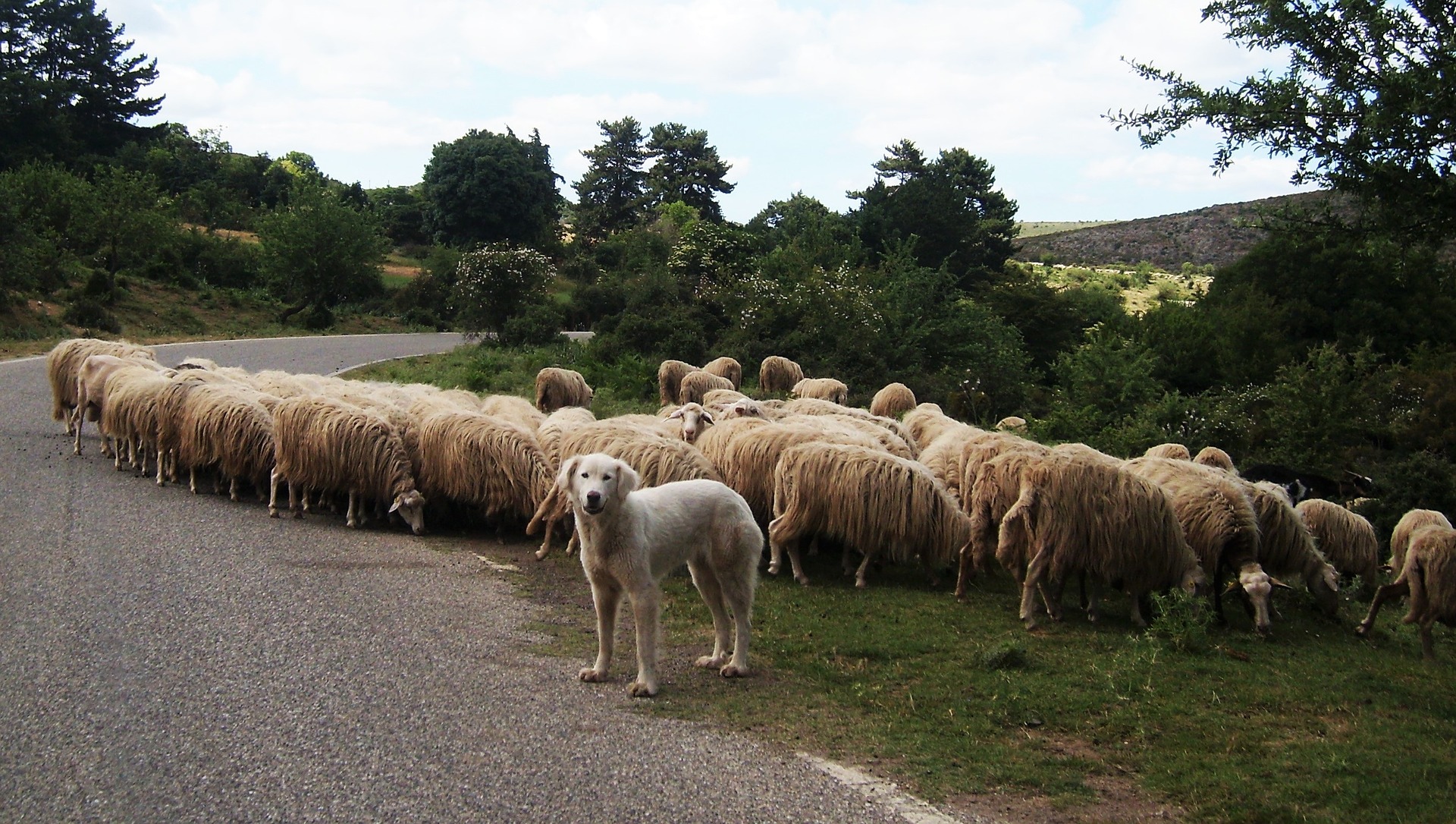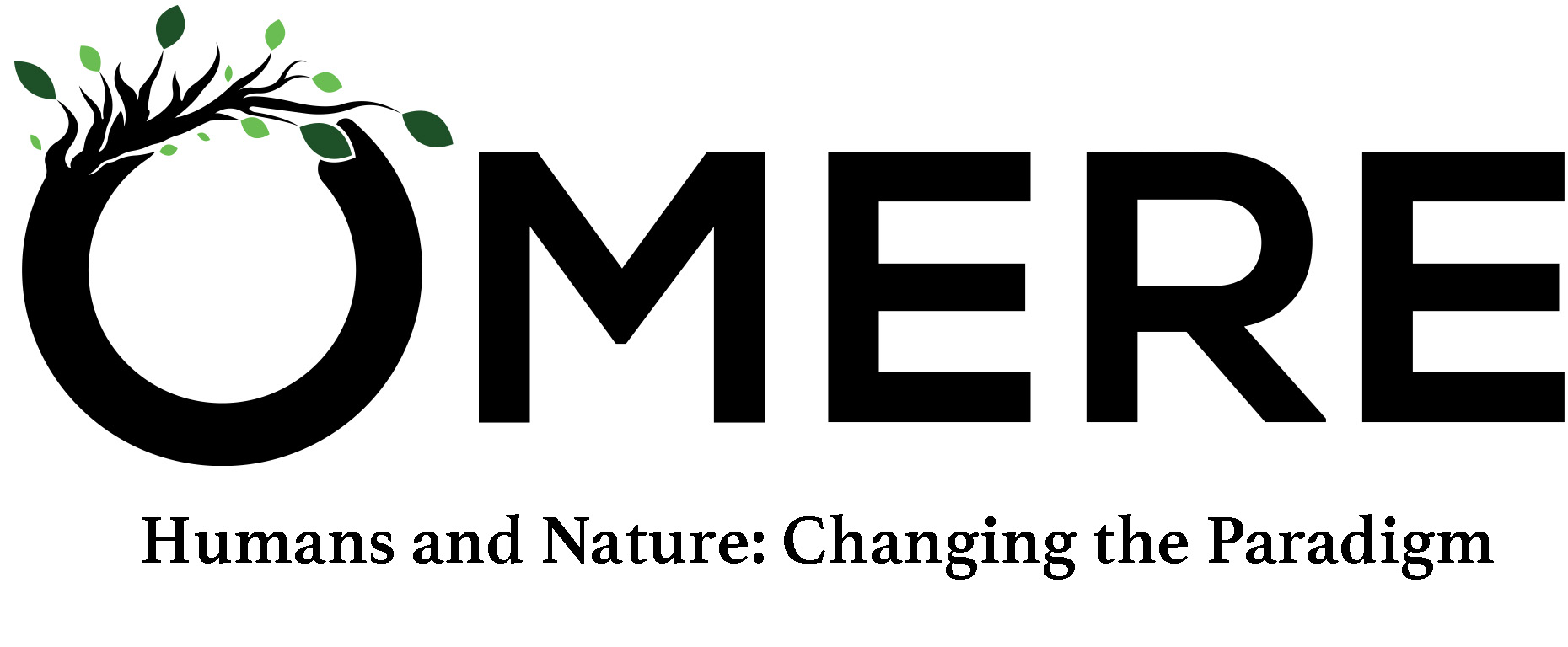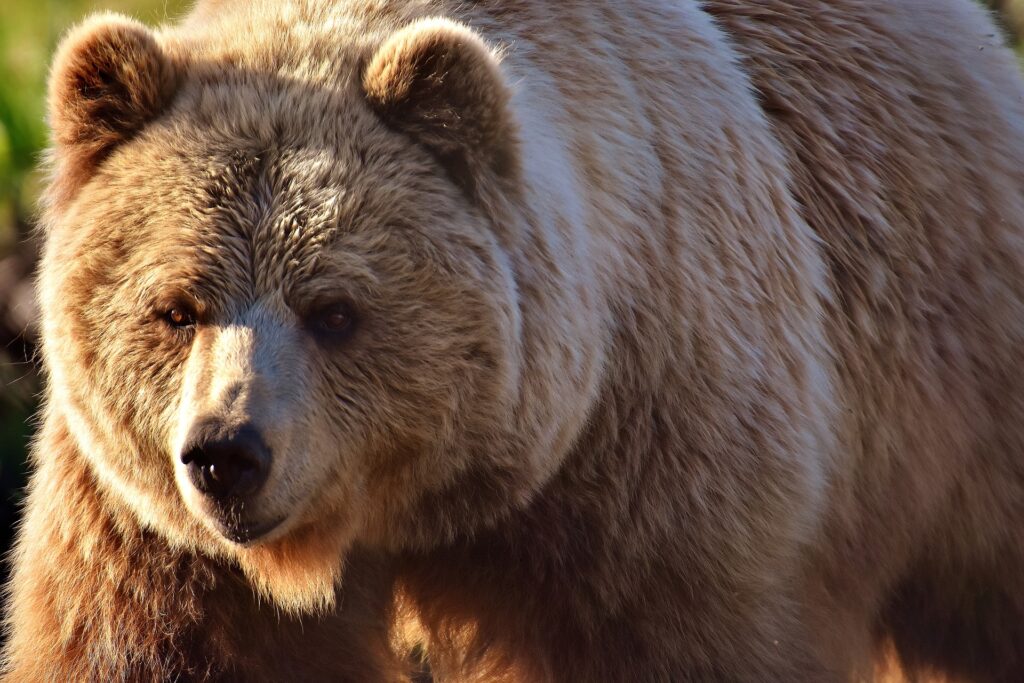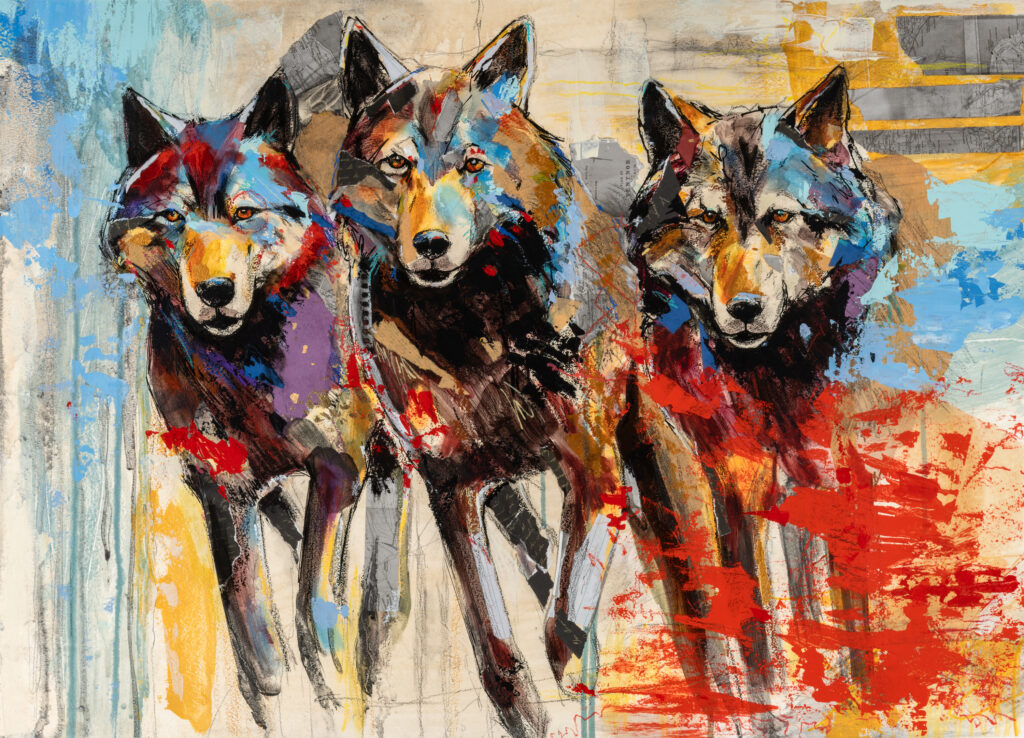Photo by Alexas/Pixabay
In 2004, the last native brown bear in the French Pyrenees was shot by a hunter. It was claimed to have been an accident but it was part of a much bigger dispute where farmers and bears have come into conflict in this high mountain region.
Pyrenean brown bears were on the brink of extinction in the French Pyrenees in the 1990s, and so the government set out on a reintroduction program by introducing bears imported from Slovenia. In 1996, the first three bears were released and, after a slow start, the introduction program slowly gathered momentum.
In 2006, four more females and one male were introduced, again from Slovenia. Currently, the population stands at around sixty bears and conservationists report a record number of cubs having been born this year.
In theory, this should stand out as a conservation success story. Unfortunately, it has become hugely controversial.
…
Local farmers herd their sheep into the mountain pastures during the summer months and there. They are sometimes attacked by bears. The bears may only kill a limited number of sheep, but this is a steep country and it is not uncommon for dozens of sheep to fall off cliffs and perish during some of these attacks.
To counter the very angry demonstrations by farmers, the government has come up with a three-pronged approach. They offer subsidies for fencing, guard dogs, and shepherds. They also pay compensation for any sheep lost to bear attacks.

Photo by Ben Lescure/Pixabay
I have chosen bears for this example, but where ever animals are re-introduced in the growing rewilding programs around the world, a conflict between landowners and conservationists is quick to erupt.
Whether it be bears in France, wolves in the US, or lynx in Spain, the animosity is swift and occasionally violent.
The reintroduction of the beaver in the UK seemed like something that should go quite smoothly, but again, the farmers are fighting it tooth and nail.
…
It should be noted that these programs are re-introductions. Nobody is suggesting introducing a totally new species to an area. Instead, all conservationists are attempting to do is return some species back to the habitats that were previously theirs.
This is important because of the rapidly accelerating biodiversity crisis. Many of the larger mammals are keystone species and their reintroduction paves the way for the return of other species. In Yellowstone Park, the return of wolves even altered the flora as deer moved higher to escape these predators.
In most cases, the greatest resistance to rewilding comes from the farmers who now work the land these animals once roamed. Not only do they object to the reintroductions, but it also exposes a growing rift between those they see as urban tree huggers and people who make their living exploiting the land.
The farmers face a two-fold problem from the tree huggers. (As one myself, I am not the least bit offended by this terminology). Firstly, the green movement is growing, especially here in Europe where they now often play a pivotal role in politics. Secondly, most farmers are heavily subsidized, largely by taxes paid by the tree-hugging city dwellers who they are so unimpressed by.

Photo by Planet Mallika/Pixabay
At the moment, farming unions and organizations are a powerful and vocal group with plenty of clout in politics. For decades, they have been able to negotiate laws in their favor, and they are certainly trying to do that when it comes to stopping rewilding in many places.
Farmers are numerous and they vote. Both bears and beavers have a notoriously poor record when it comes to showing up on polling days, their turn out being even lower than that of young people.
The growth of the green movements is a threat the farmers need to take heed of, however.
As the green movement gains strength, politicians are having to reconsider who they court when election battles are drawn up.
Until now, they have been able to tip their hats to the greenies with promises that are often watered down after election day. That is changing, and it is now much harder to get away with the kind of greenwashing we have seen in the past. The greens are a large and growing voting block and they are after tangible results.
There is a small glimmer of hope appearing in this long-standing conflict. A new generation of young farmers who are far more concerned about sustainability than many of their ancestors were, is starting to emerge. They are introducing changes to their methods that not only accommodate rewilding but are also friendlier to the well-being of the animals they farm.
…
Farmers have always been conservative and reluctant to change, but change they must. If we are to turn around the environmental catastrophe we have all helped create, then all of us, tree huggers and farmers alike are going to have to make changes.
Many of those will be uncomfortable, but they are possible if we all work together.
Thank you for reading.




